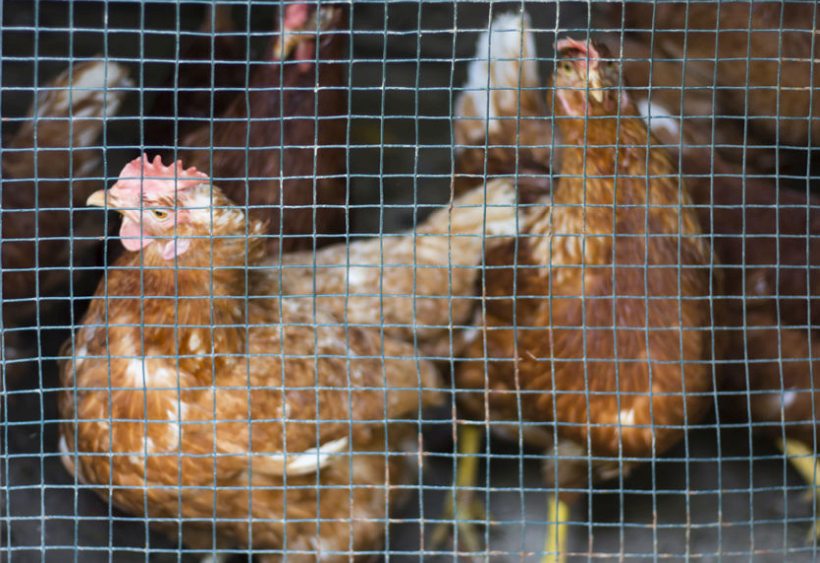Defra announces housing order as bird flu cases climb

Farmers and poultry keepers are being urged to prepare for new mandatory housing measures as avian influenza cases in Britain increase.
The order will come into force on 14 December in England, Scotland and Wales, Defra announced.
It will be a legal requirement for all farmers and keepers to keep their birds indoors and to follow strict biosecurity measures
It comes after a number of confirmed cases of avian influenza in both wild and captive birds in the UK.
Just this week, two more cases have been recorded at a turkey farm near Northallerton, North Yorkshire.
The UK's Chief Veterinary Officers (CVOs) are encouraging keepers to use the next 10 days to prepare for the measures, including taking steps to safeguard animal welfare, consult vets and put up additional housing.
The measures build on the strengthened biosecurity regulations that were brought in as part of the Avian Influenza Protection Zone (AIPZ) on 11 November.
The AIPZ means that all keepers need to take extra precautions, such as cleaning and disinfecting equipment, clothing and vehicles, and limiting access to non-essential people on their sites.
A joint statement from Britain’s three CVOs said: "Whether you keep just a few birds or thousands, from 14 December onwards you will be legally required to keep your birds indoors.
"We have not taken this decision lightly, but it is the best way to protect your birds from this highly infectious disease."
Public health advice is that the risk to human health from the virus is very low, and food standards bodies advise that avian influenzas pose a very low food safety risk.
The NFU said the introduction of the new housing measures was a 'logical next step to best protect poultry'.
“Giving keepers notice of these new measures will allow them to prepare and implement them to the best of their ability," said Aimee Mahony, NFU chief poultry adviser.
"I would urge everyone with poultry to take these measures seriously. It’s crucial that everyone remains vigilant and reports any signs of disease in their birds.”
Public health advice is that the risk to human health from the virus is very low, and food standards bodies advise that avian influenzas pose a very low food safety risk.
How can I prevent bird flu?
Keepers are advised by Defra to be vigilant for any signs of disease in their birds and any wild birds, and seek prompt advice from their vet if they have any concerns.
They can help prevent avian flu by maintaining good biosecurity on their premises, including:
• Housing or netting all poultry and captive birds
• Cleansing and disinfecting clothing, footwear, equipment and vehicles before and after contact with poultry and captive birds
• Reducing the movement of people, vehicles or equipment to and from areas where poultry and captive birds are kept
• Thoroughly cleaning and disinfecting housing at the end of a production cycle
• Keeping fresh disinfectant at the right concentration at all points where people should use it, such as farm entrances
• Minimising direct and indirect contact between poultry and captive birds and wild birds, including making sure all feed and water is not accessible to wild birds
Bird flu is a notifiable animal disease. If you suspect any type of bird flu you must report it immediately. Failure to do so is an offence.








